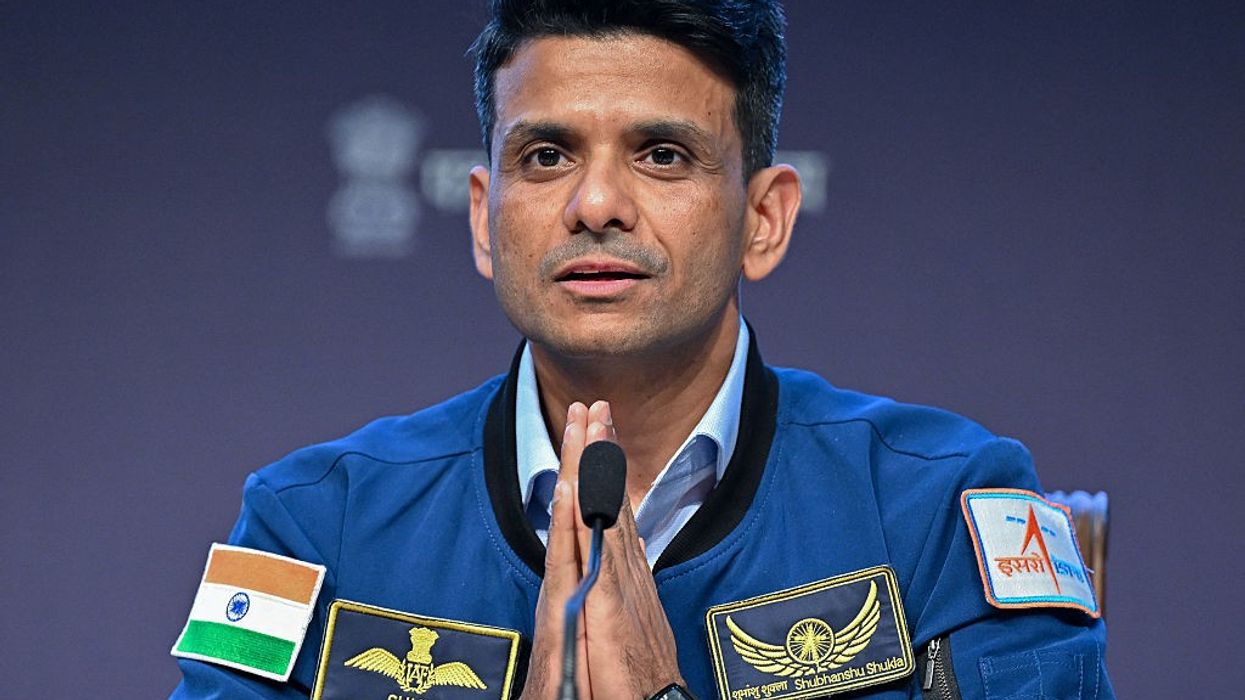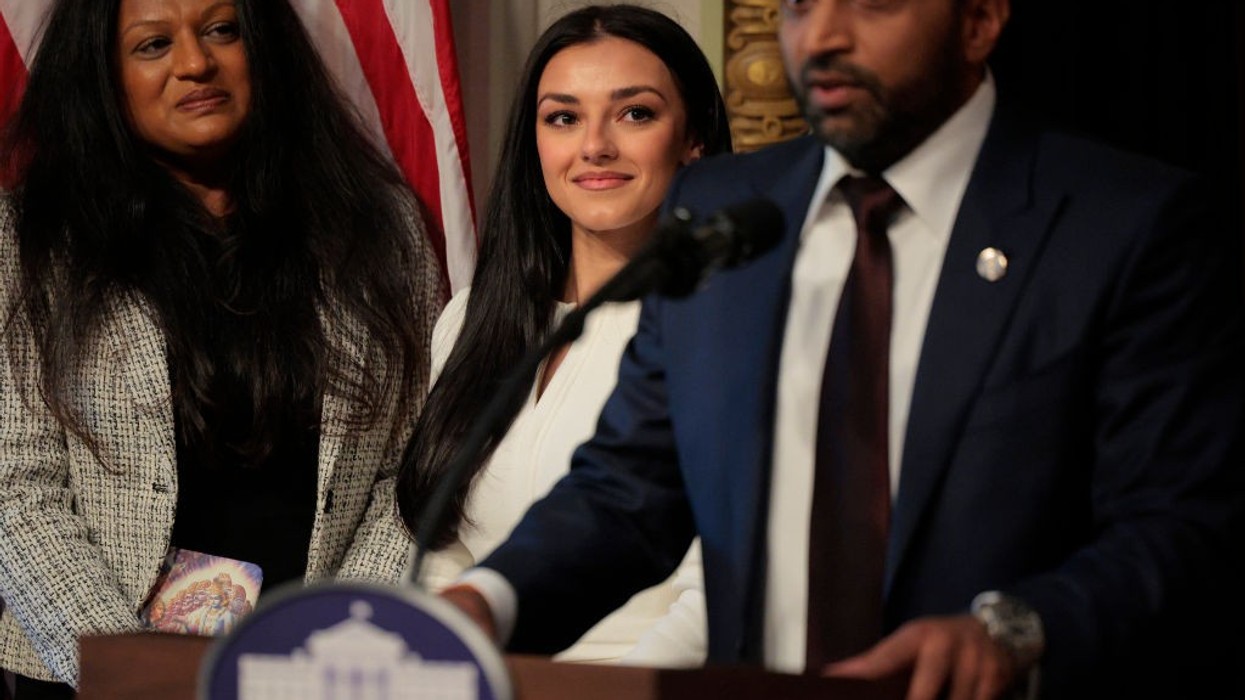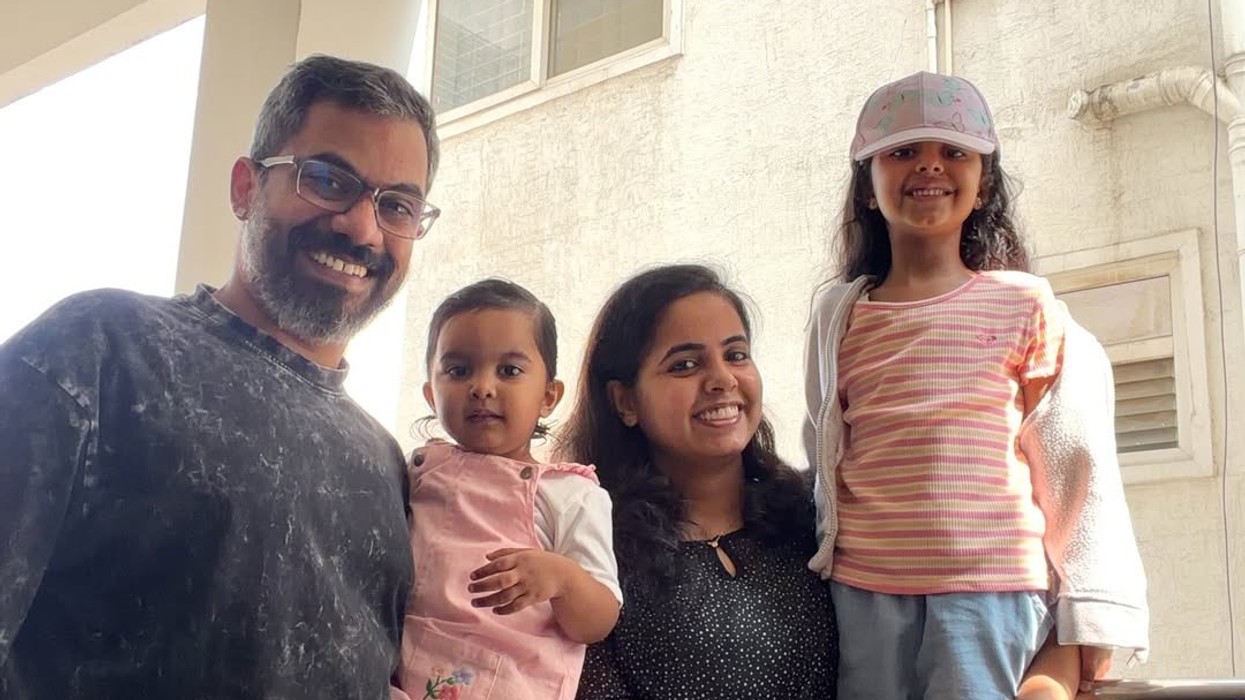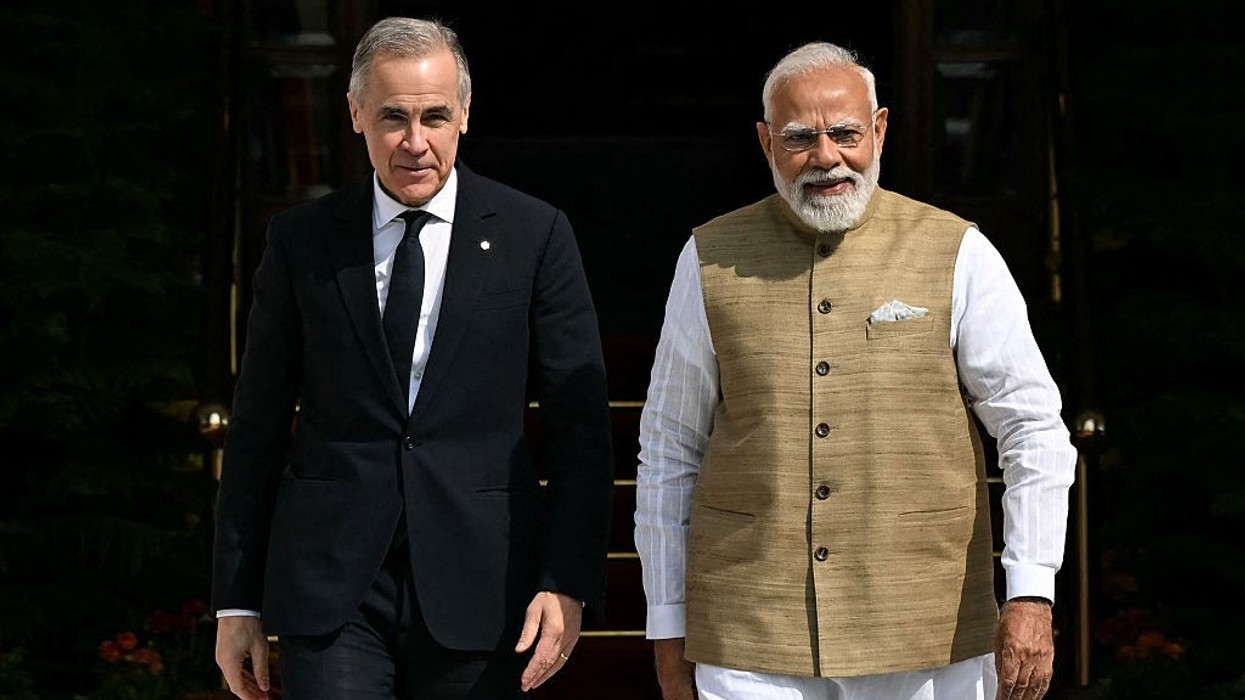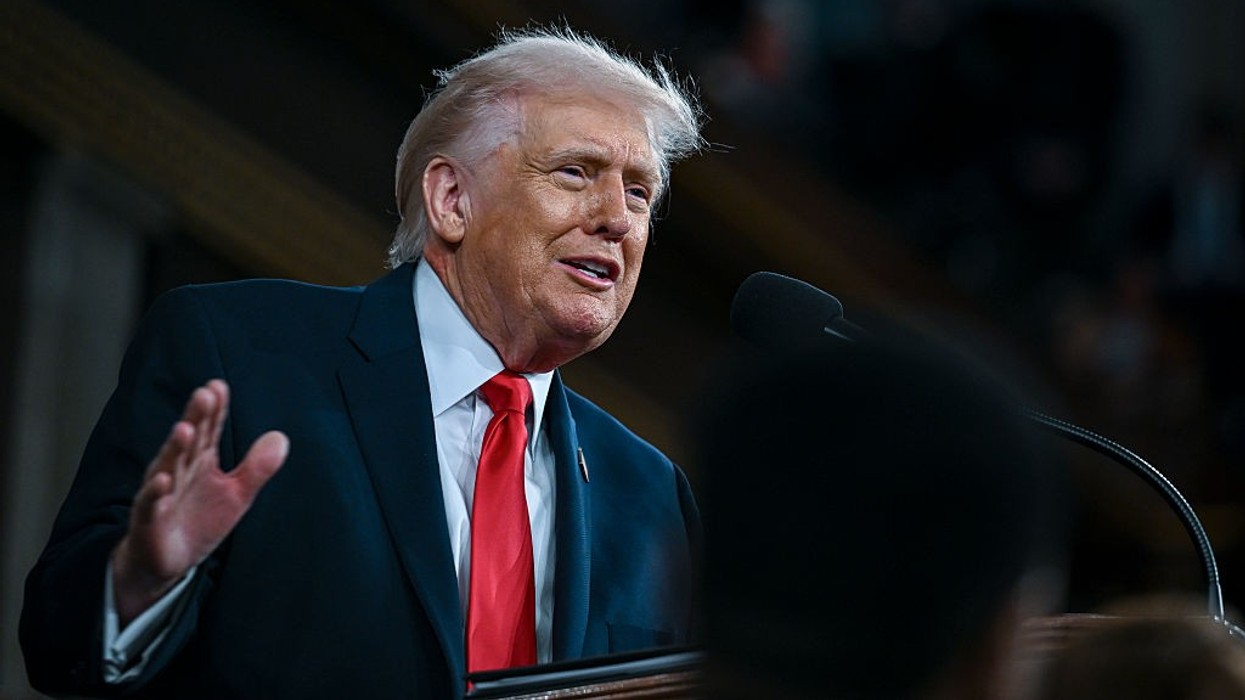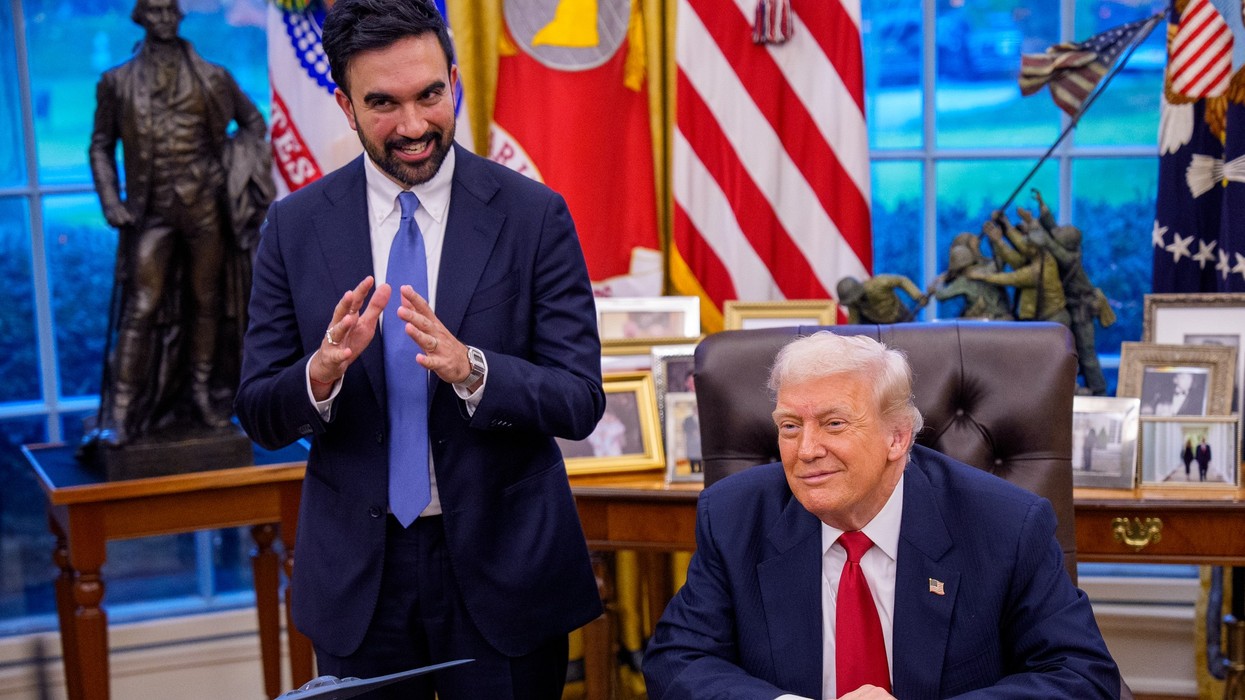Highlights:
Indian astronaut Group Captain Shubhanshu Shukla, who served as the mission pilot for Axiom Mission (Ax-4), has announced that Indian citizens will very soon travel to space on an indigenous rocket and a domestically built crew capsule. Speaking at the Bengaluru Tech Summit 2025, he said the mission will be designed, developed, and launched entirely from Indian soil, an important milestone in India's growing space ambitions.
Shukla recently returned from the International Space Station (ISS), where he spent 18 days conducting seven microgravity experiments as part of the fourth private astronaut mission. The mission returned to Earth on July 15, 2025, marking a major step in India's participation in commercial spaceflight.
A collective national effort
Addressing students, innovators, and industry leaders at the summit, Gp Capt Shukla emphasized that future space missions of such scale require nationwide collaboration.
He noted that India’s space ecosystem already includes more than 300 active start-ups, many of which have the potential to support upcoming indigenous missions. According to him, sustained coordination between students, start-ups, scientists, and policymakers will determine how quickly India can build and launch its first fully homegrown human spaceflight mission.
Challenges of life in space
Shukla spoke at length about the physical and mental challenges astronauts face during spaceflight. He described enduring Eight G’s of force during launch, managing disorientation in microgravity, and coping with accelerated body weight and muscle loss. Upon returning to Earth, he said astronauts must relearn basic movements, including standing and walking, as their bodies adjust to gravity.
Such experiences, he said, underline the importance of rigorous training and strong support systems for future Indian astronauts.
A stunning view of India from space
Sharing personal memories from his time aboard the ISS, Shukla said India looked exceptionally beautiful from orbit. He highlighted Bengaluru in particular, describing it as “one of the most brightly lit and breathtaking scenes” visible from space.
He encouraged young Indians to contribute to building a technologically stronger nation, stating:
“India looks bright from space, but our future is even brighter. The sky has never been the limit—not for me, not for you, and not for Bharat.”
A light moment at the summit
The event closed with a humorous remark from Karnataka IT and BT Minister Priyank Kharge, who joked that Shukla found it harder to travel from Marathahalli to the summit venue than returning from space to Earth. He assured the audience that improving Bengaluru’s infrastructure remains a top priority.
